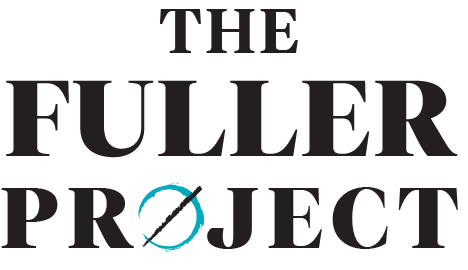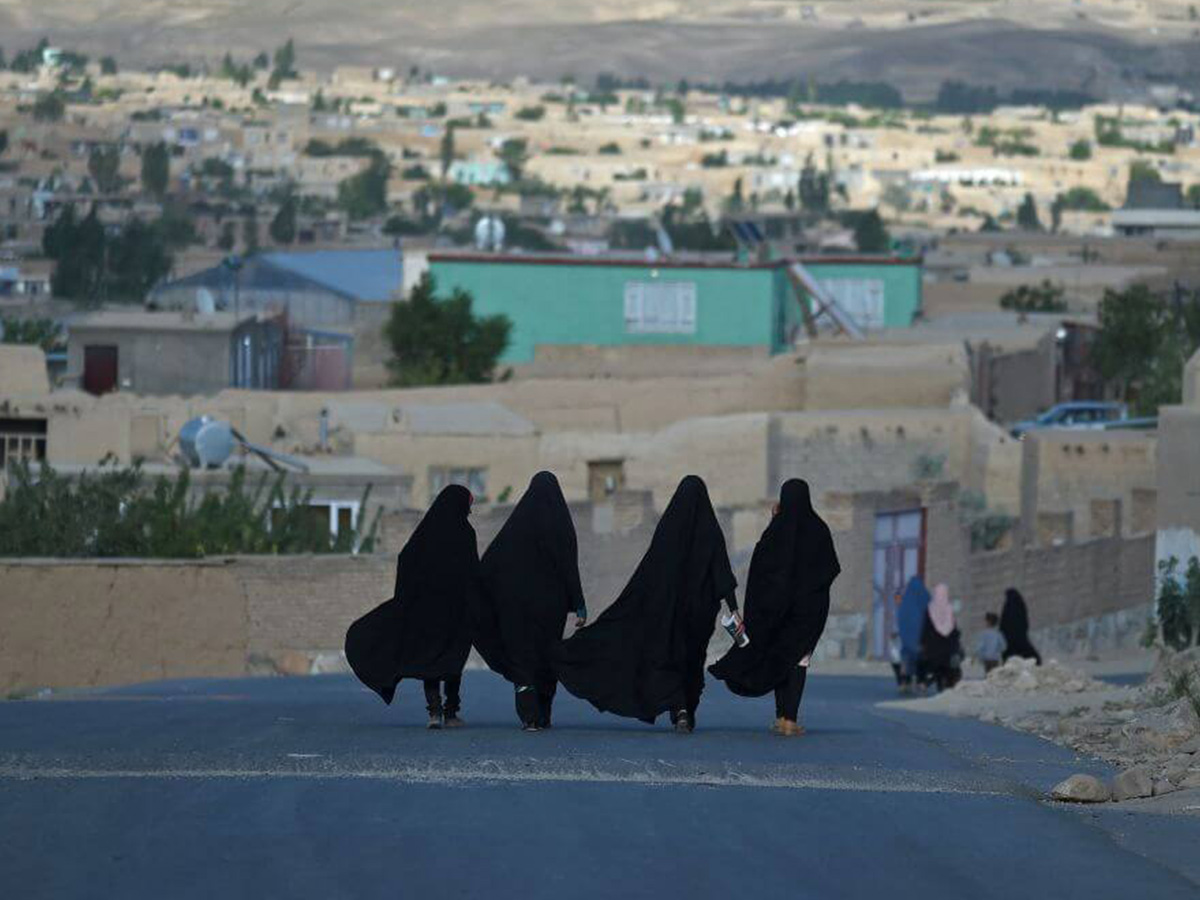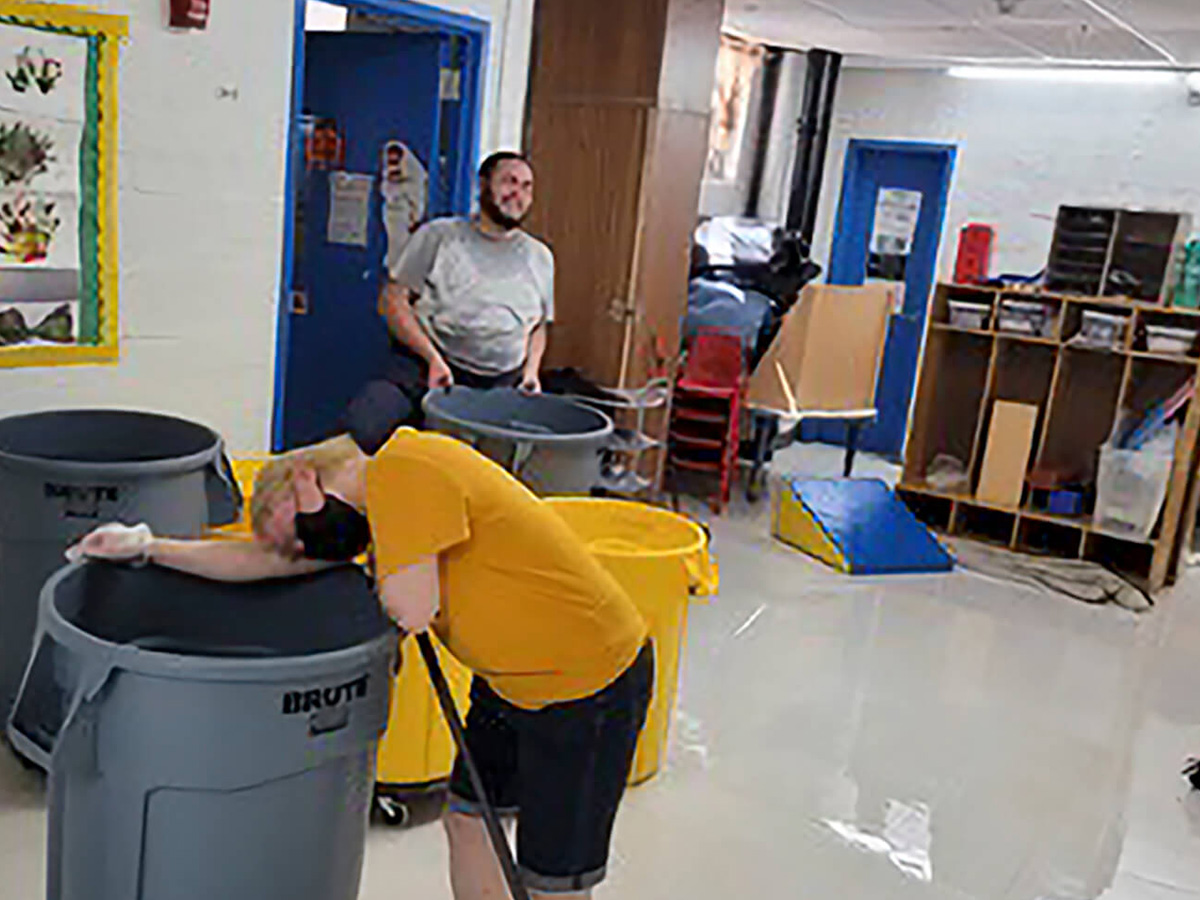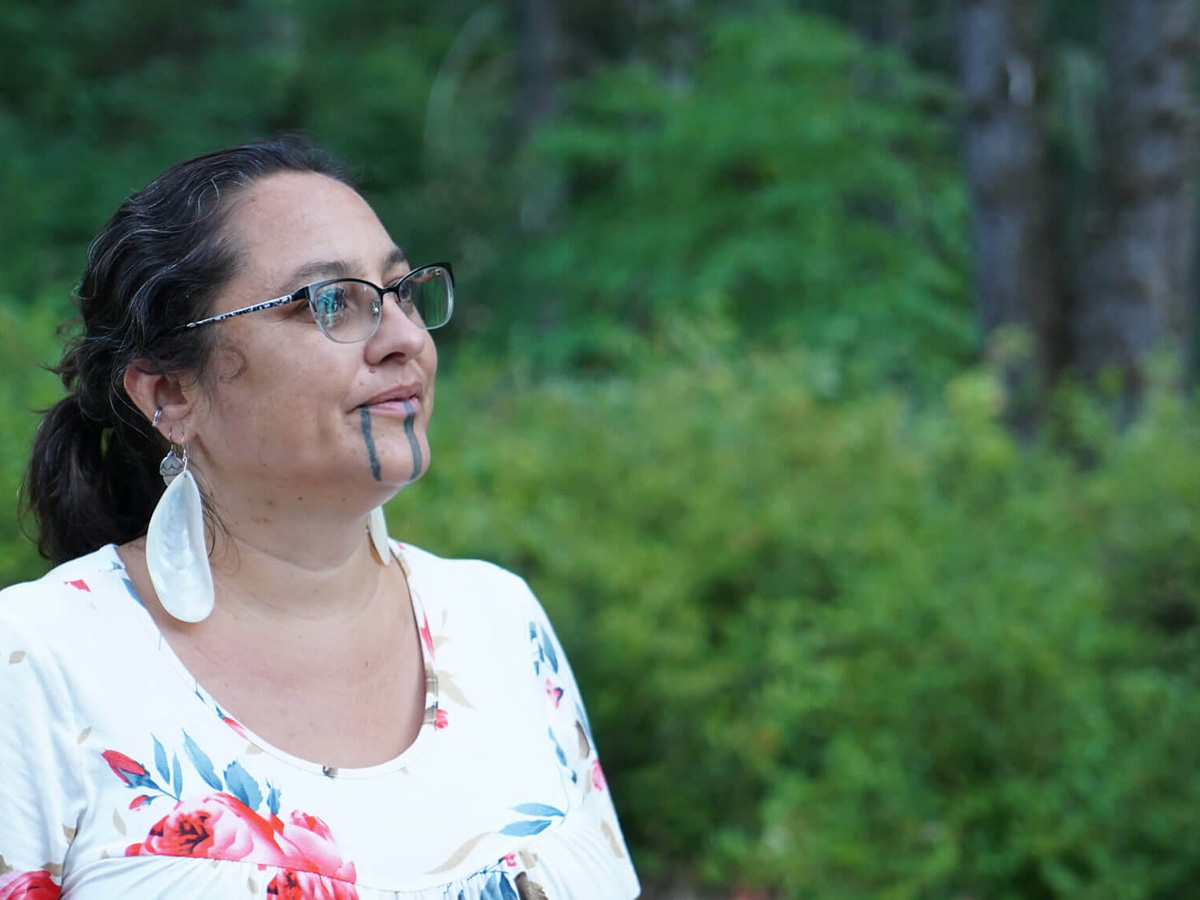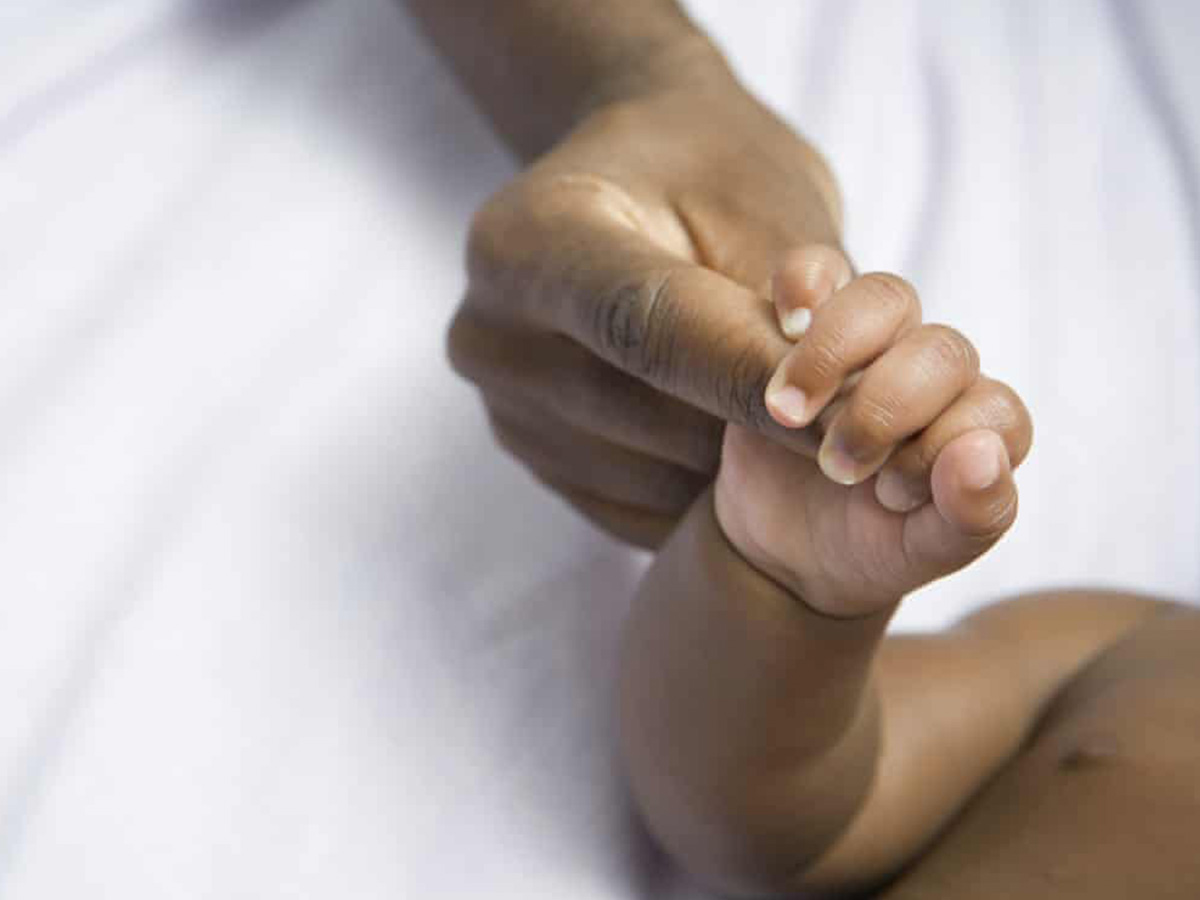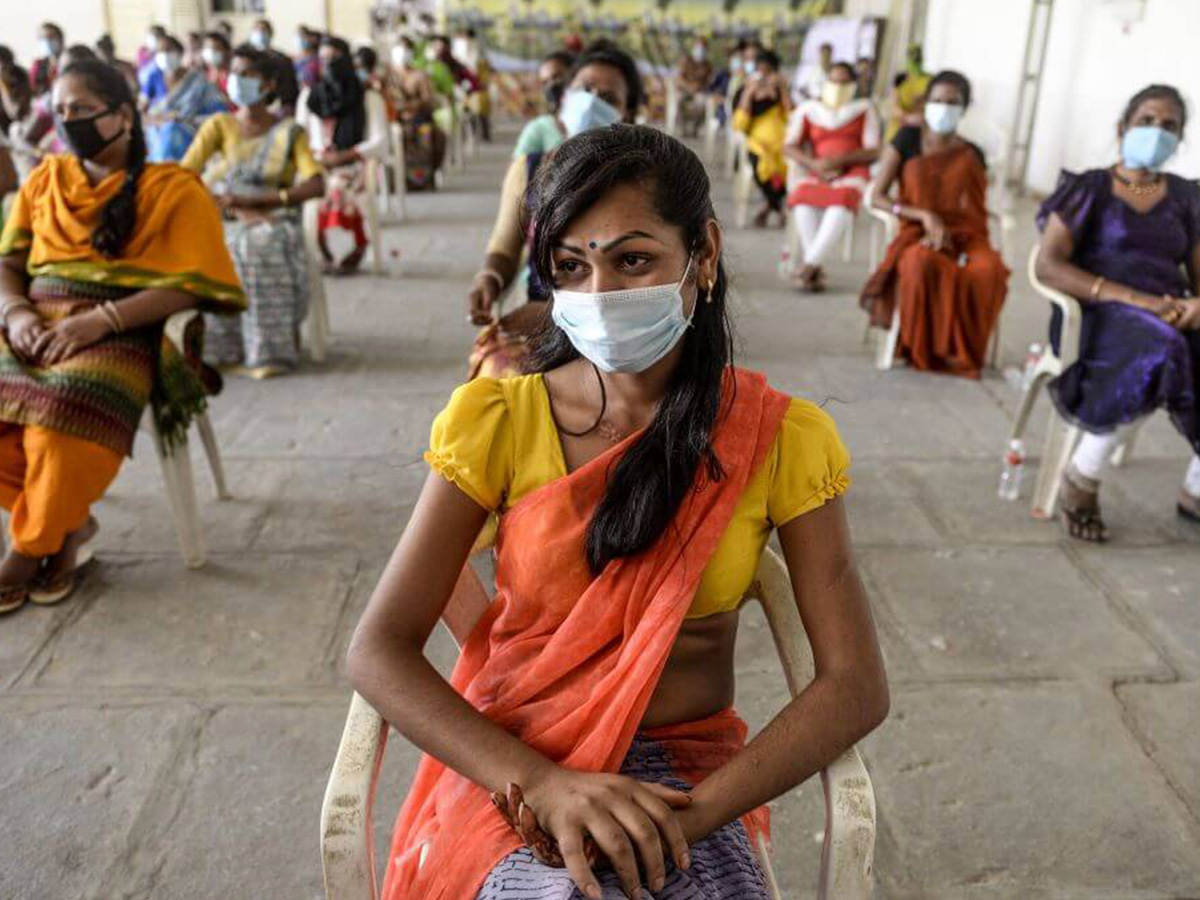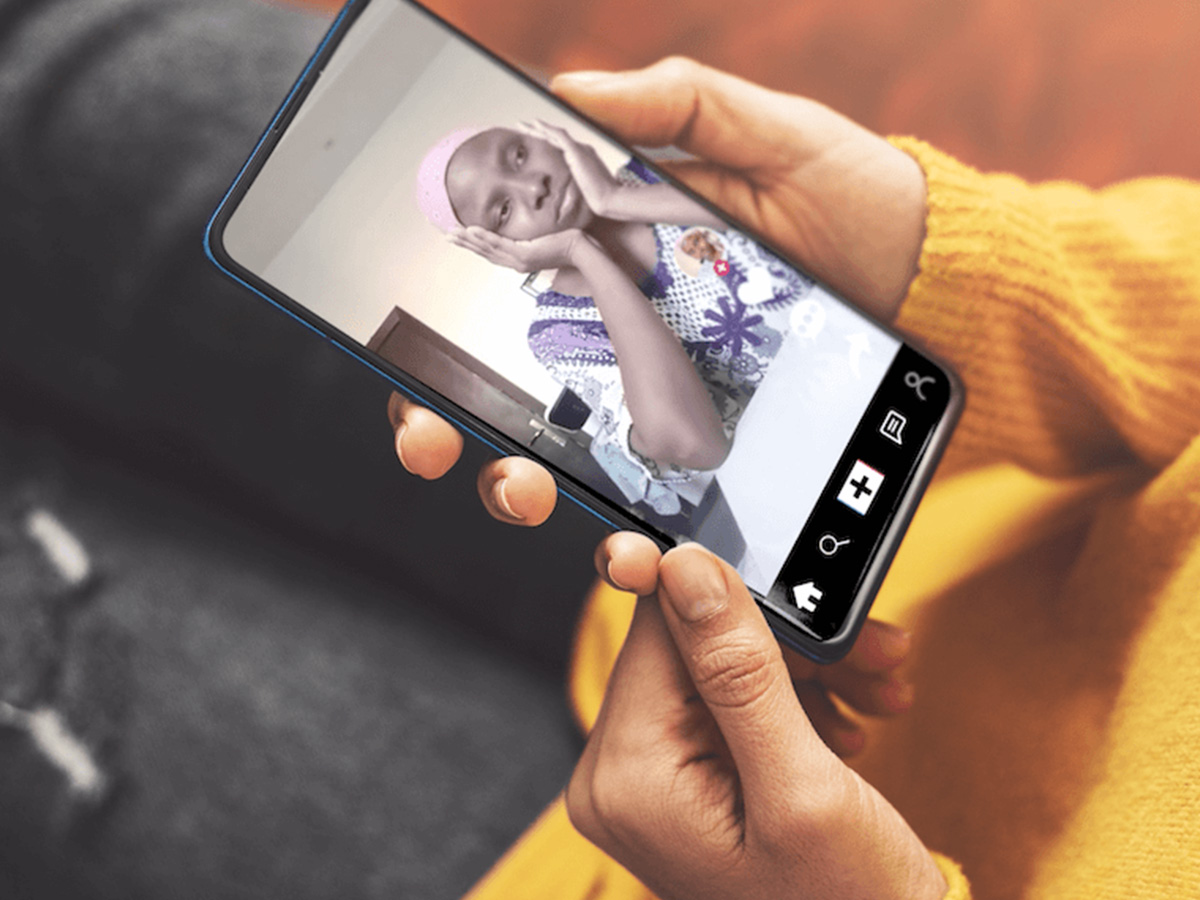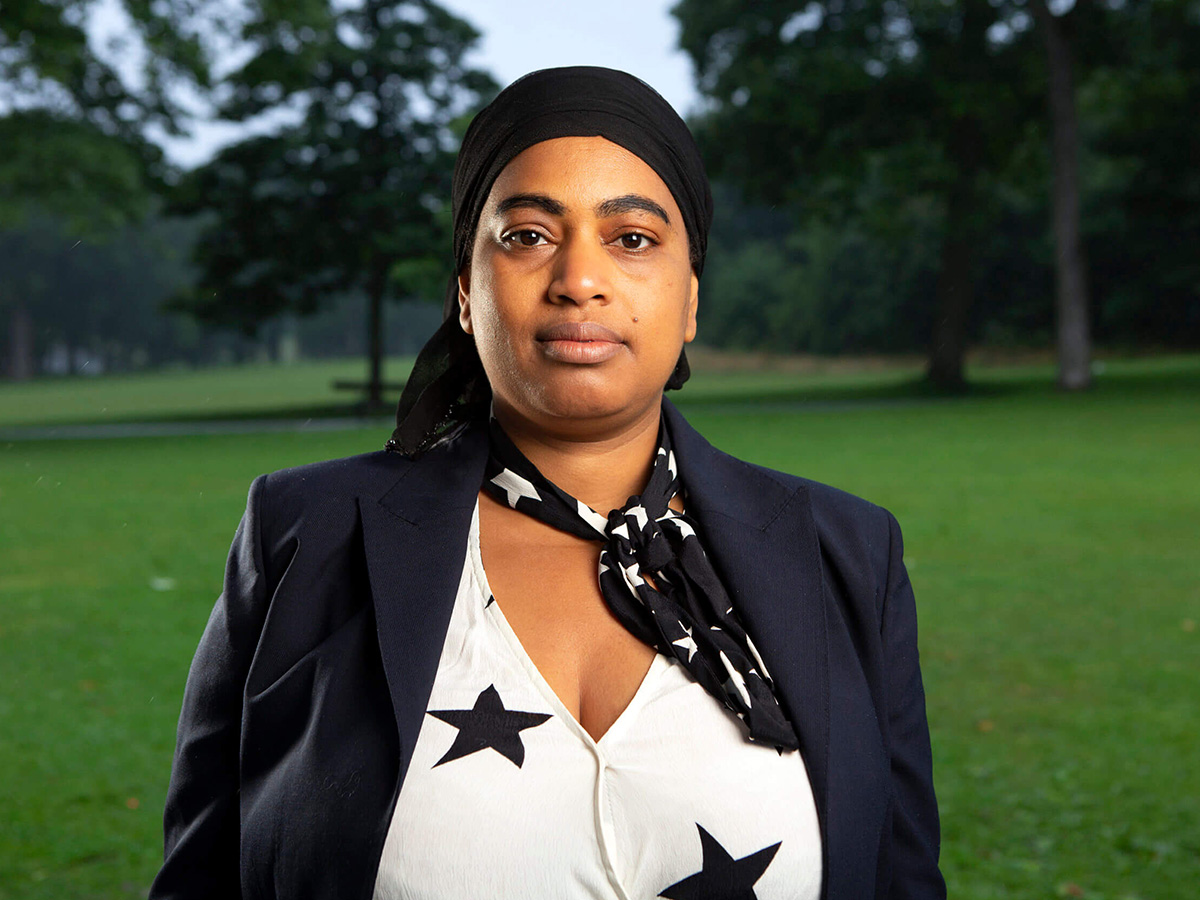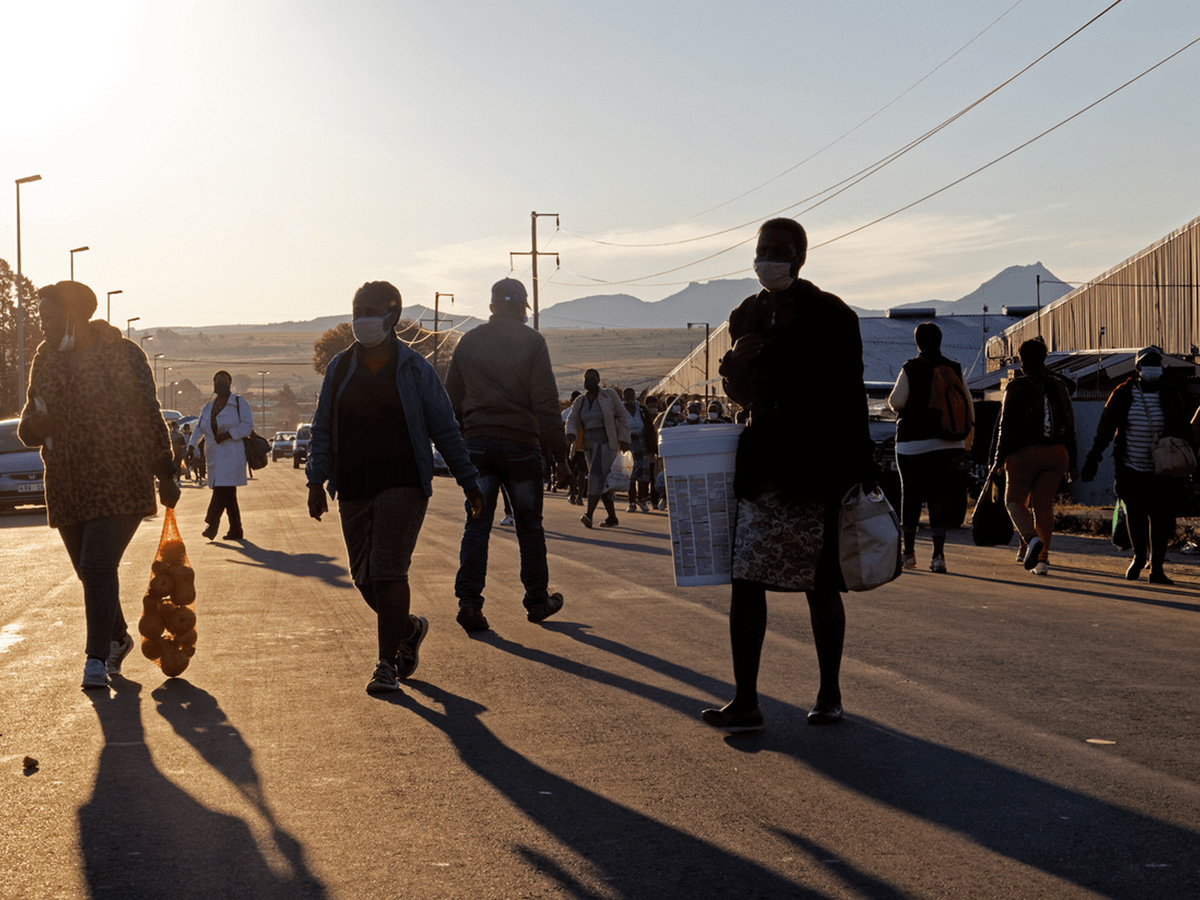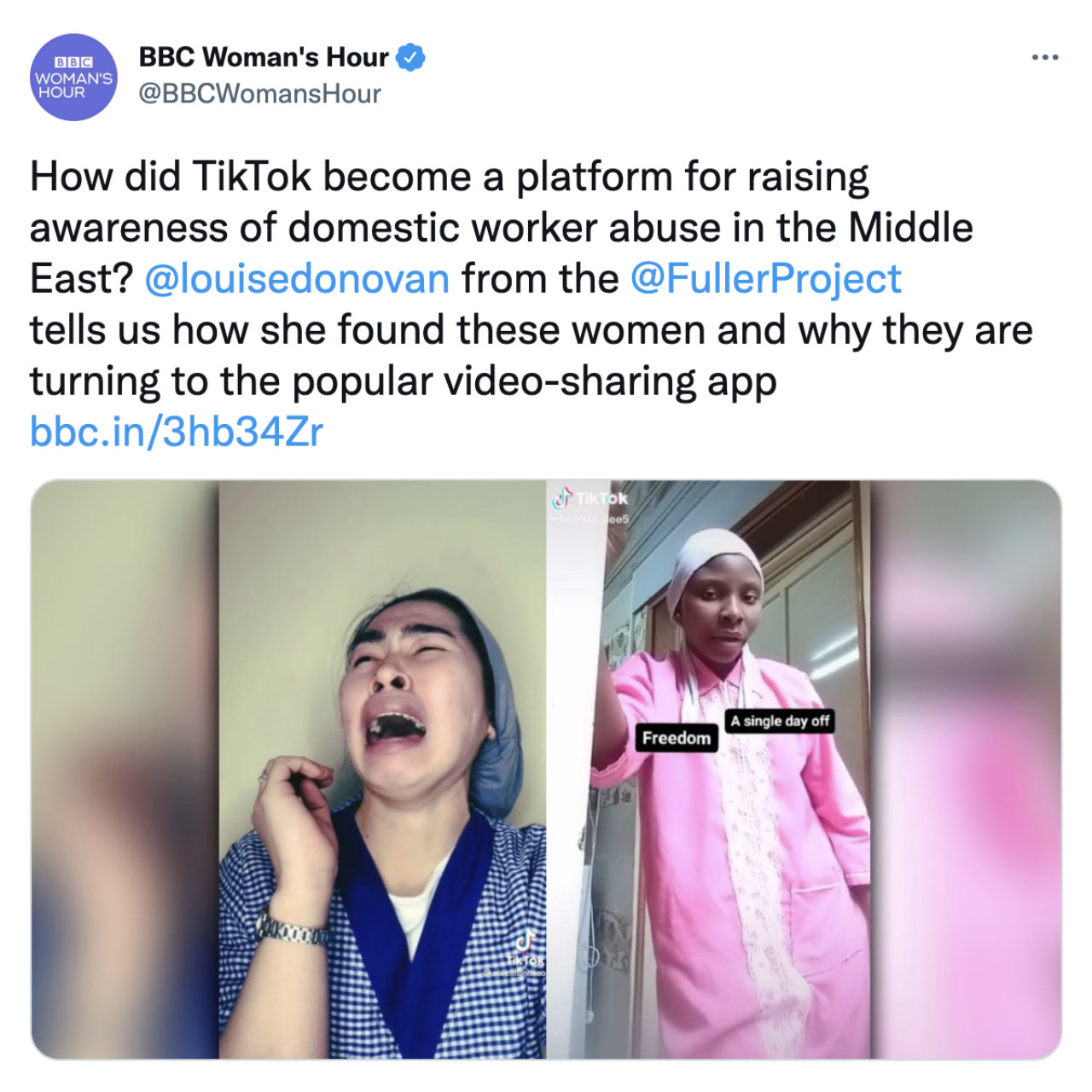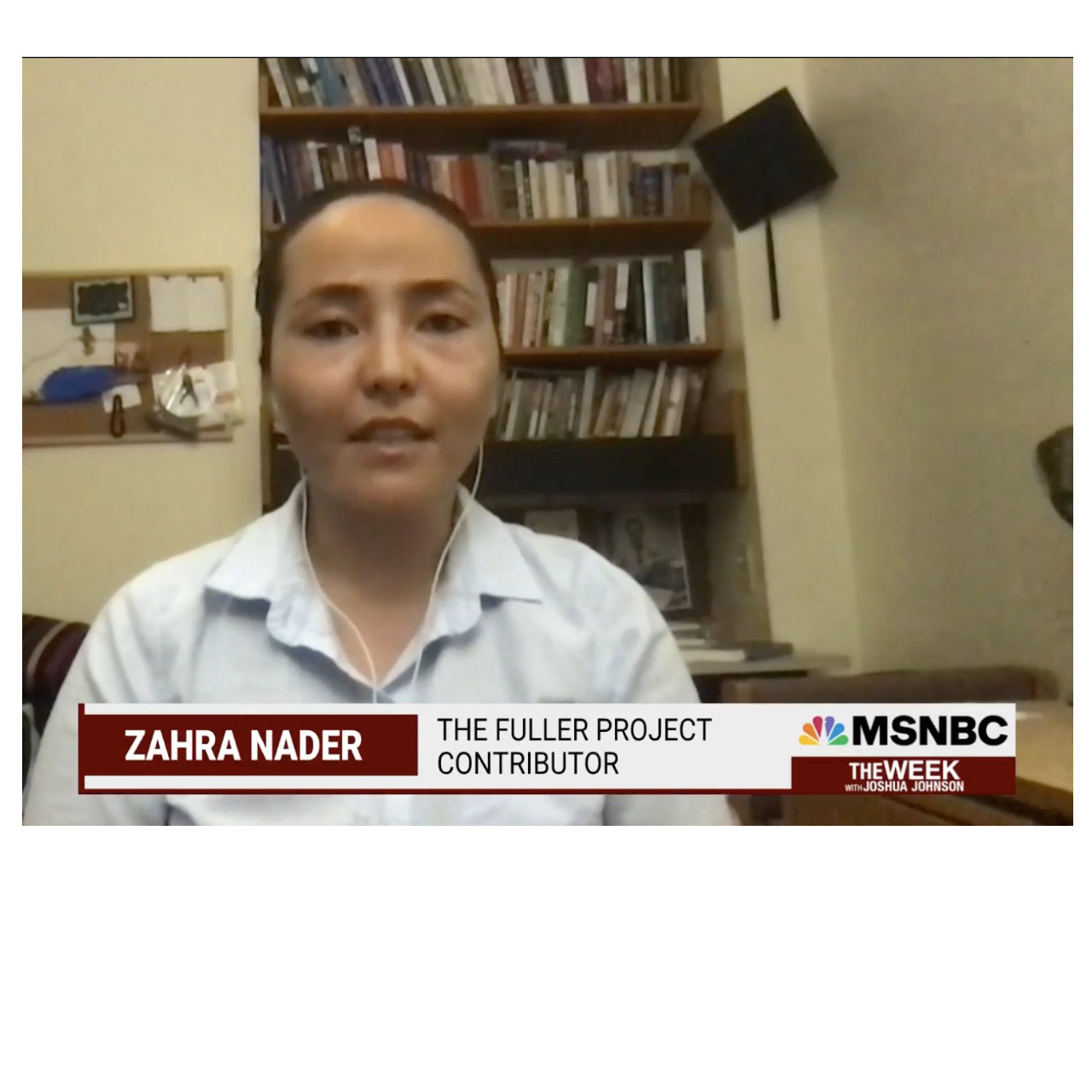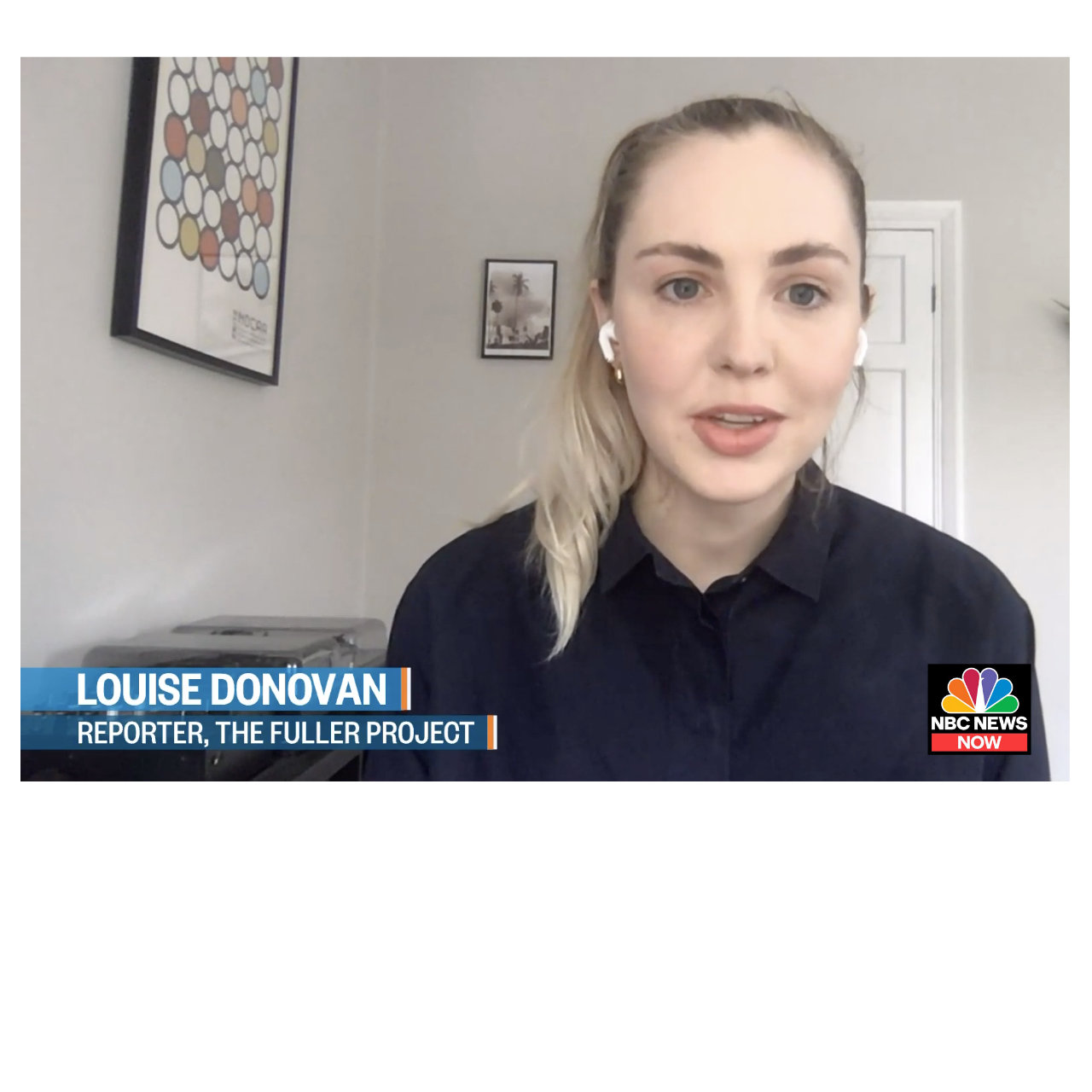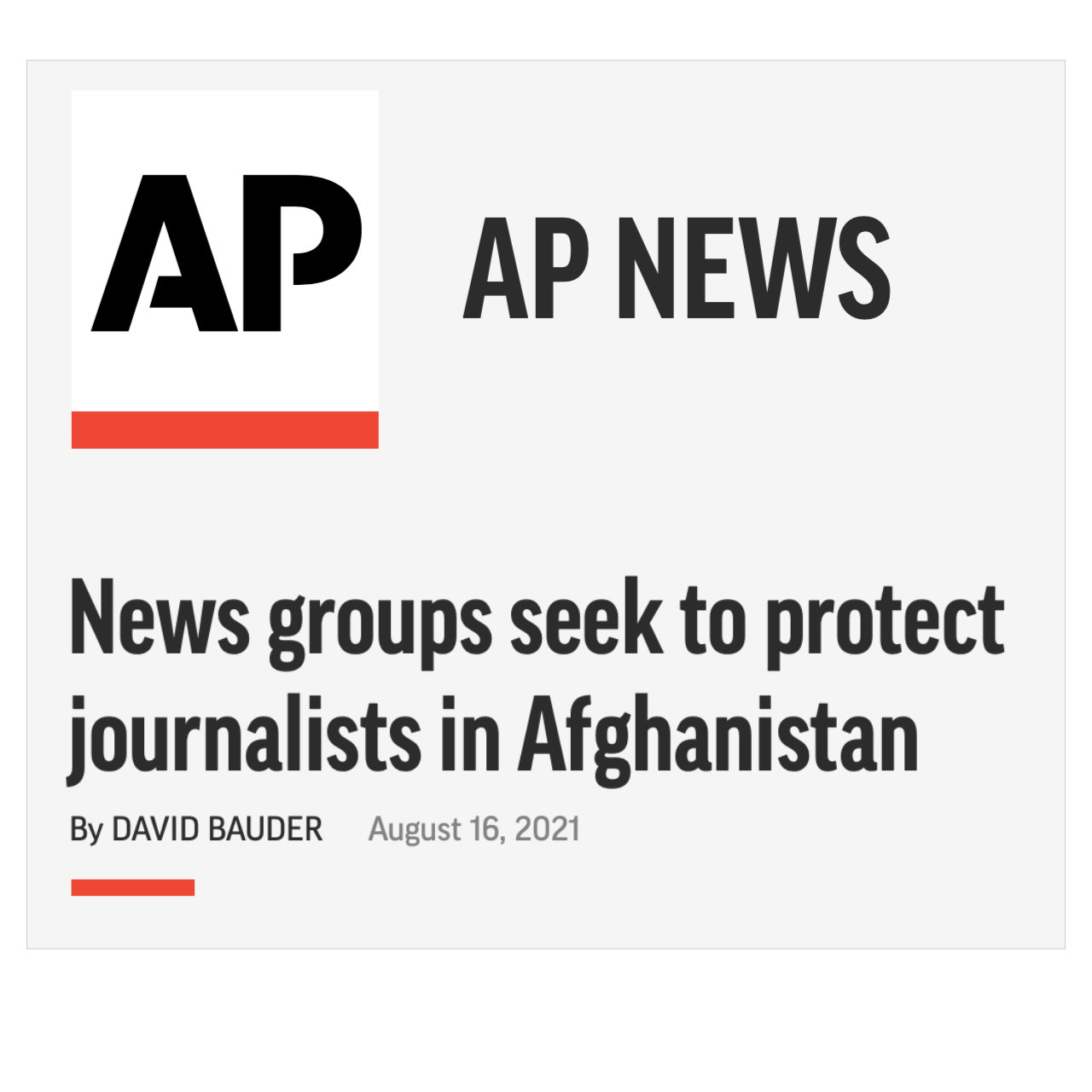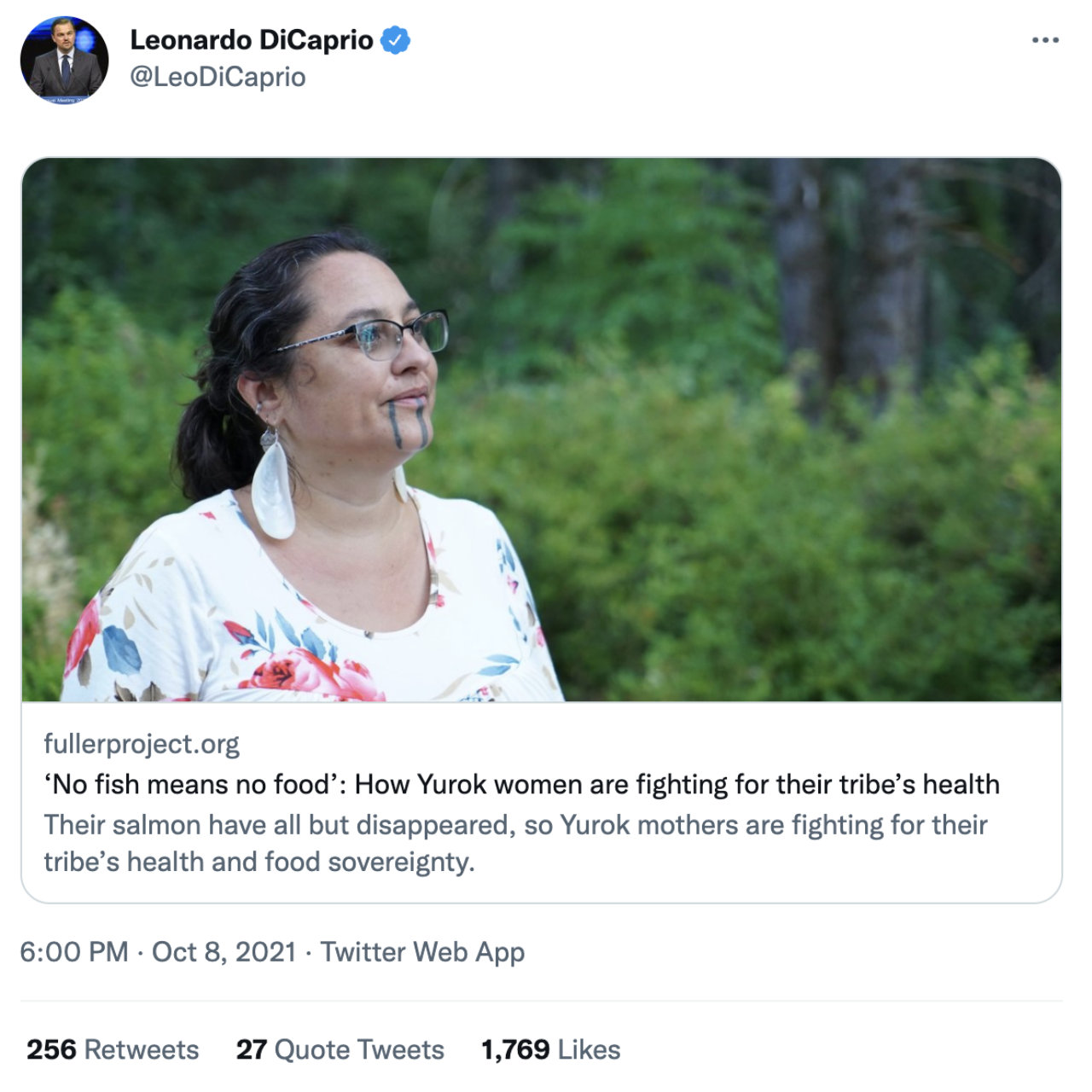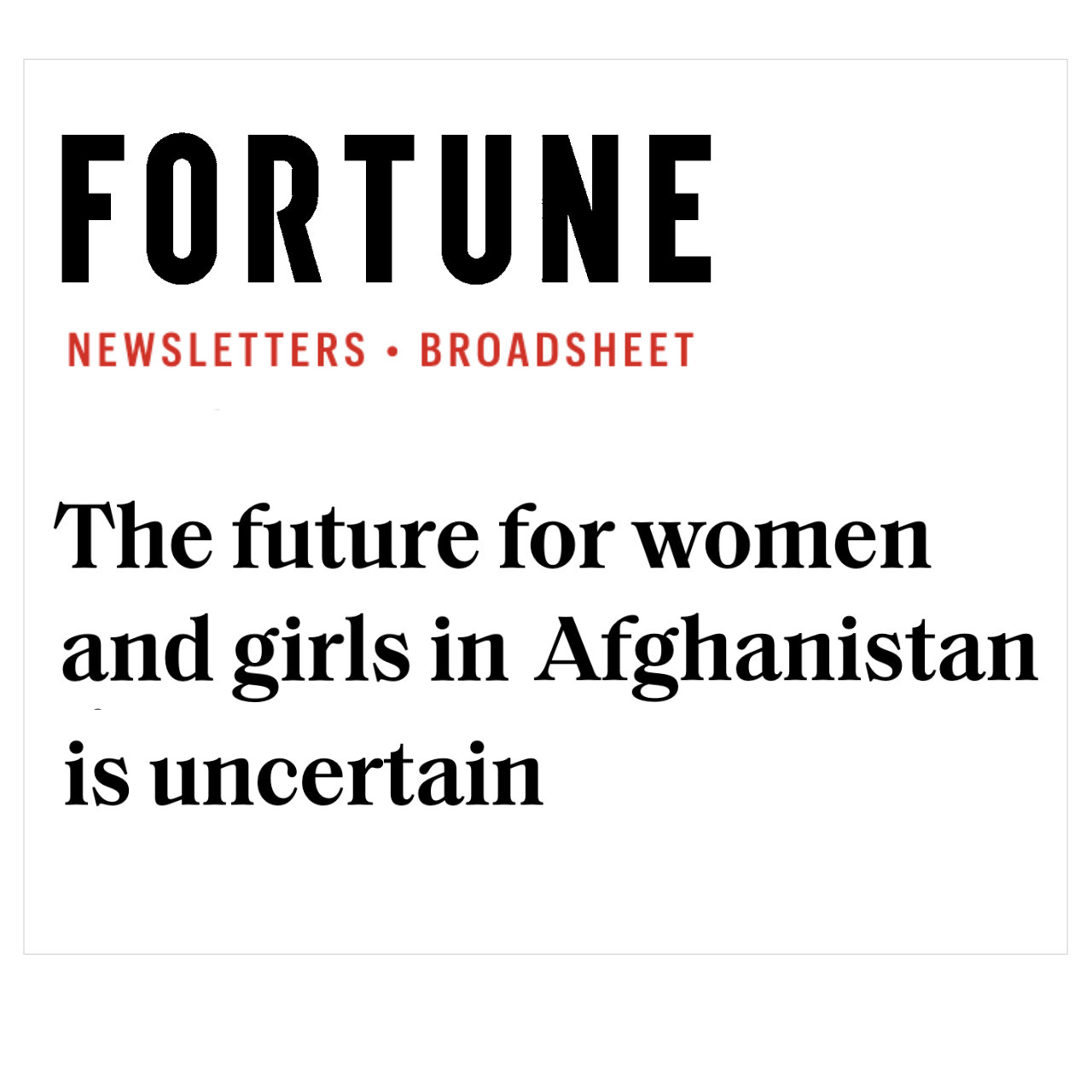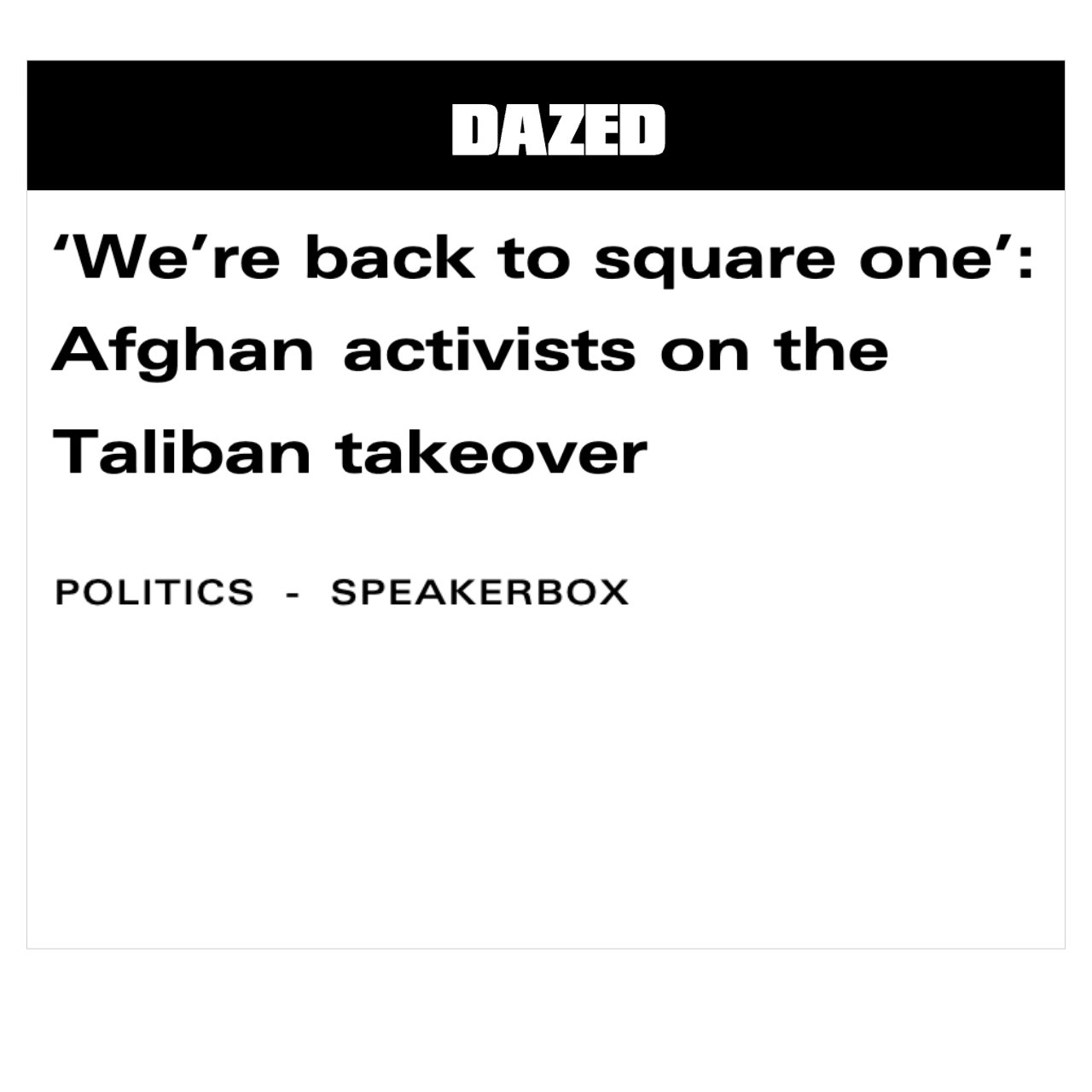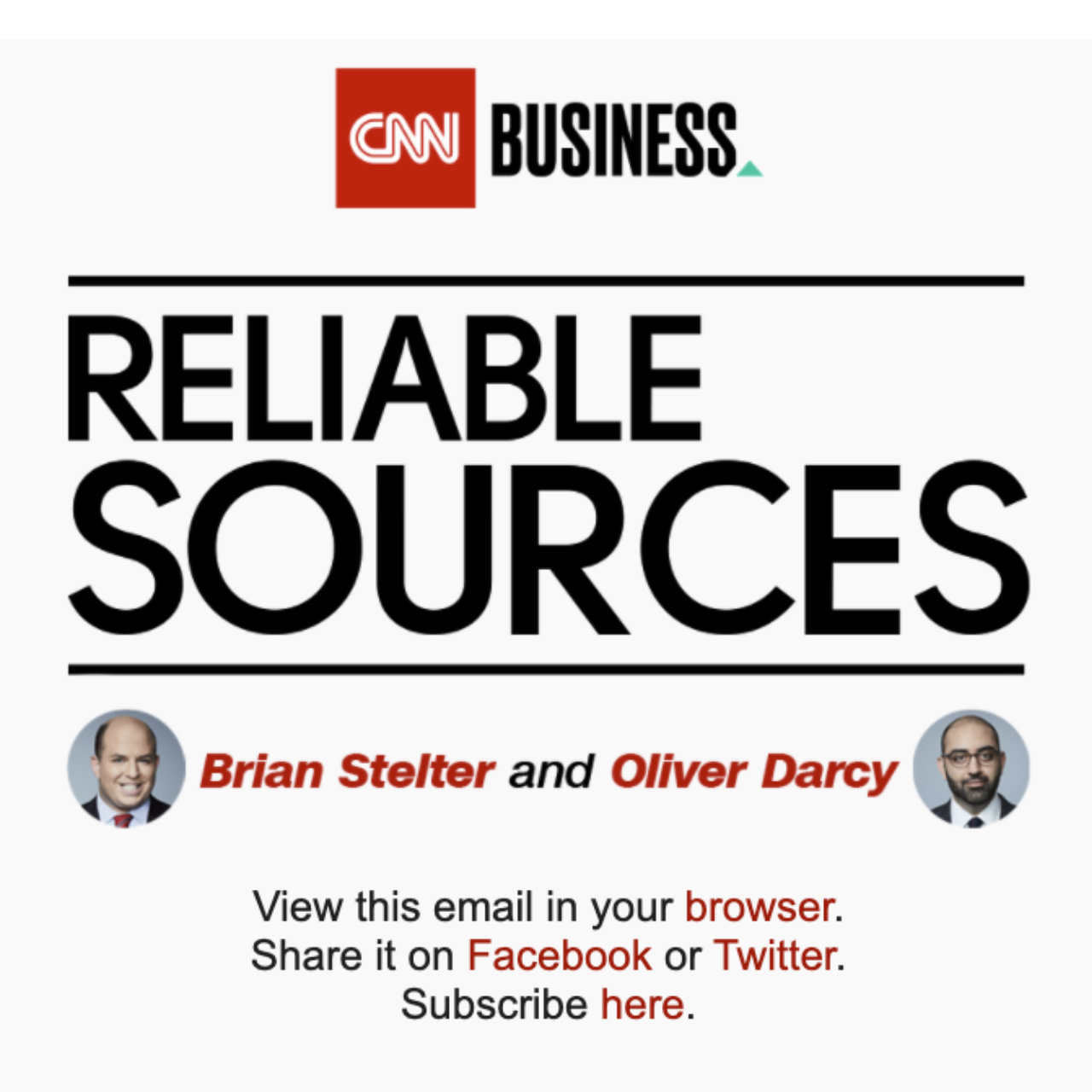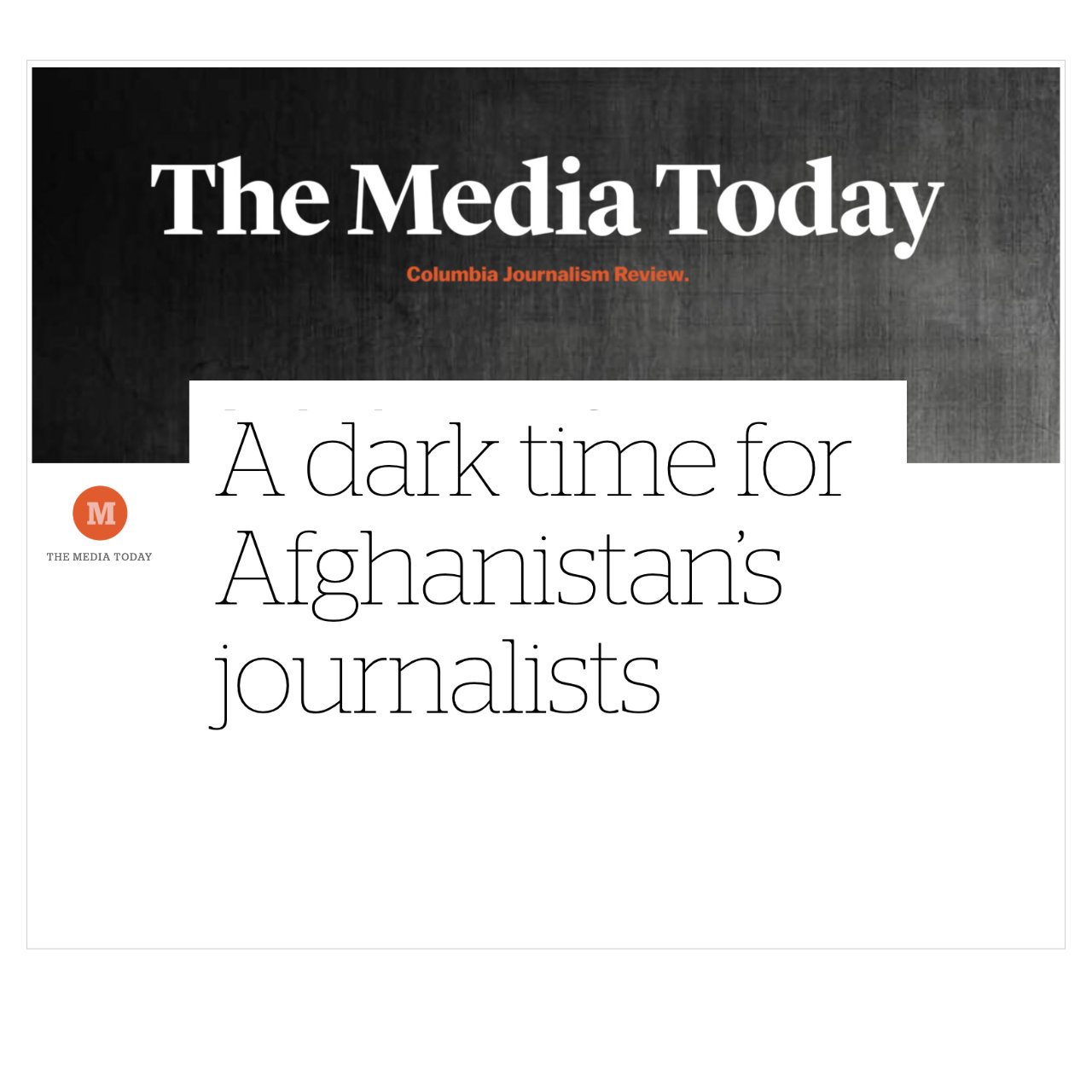Impact Report 2021
A NOTE FROM OUR CEO
Impact is our north star. At The Fuller Project, we track the outcomes of our reporting constantly as a way to measure progress towards our vision: journalism that fully represents all women, giving readers The Full Story and spurring gender equality.
By doing a deep dive into the policy and life changes that result after our reporting, we learn how we can best make a difference.
In 2021, our reporting sparked a response from NYC’s housing authority to address safety concerns affecting children; was followed by President Biden updating his guidance to Custom and Border Patrol about women who give birth in custody; and forced immediate action from Kate Hudson’s clothing brand Fabletics after we exposed abuses in the supply chain. Our continued reporting from Afghanistan has been sourced by a dozen other news outlets, ensuring that the voices of Afghan women are centered in the news.
Here, we’ve challenged ourselves to share the story of our impact in text, photo and video. This semi-annual report is built by our communications team, which has won five 2021 industry awards and was an official Webby Award Honoree.
In 2022, you’ll hear more from us about the impact of our newsroom partnerships, which allow us to address gender bias in news at a more systemic level than can be accomplished with our reporting alone. Through editorial collaboration, we foster deeper journalism about women that can be sustained by our partners over time.
Thank you for reading, sharing and supporting The Fuller Project, and for sharing your feedback with me: Xanthe@fullerproject.org.
Xanthe Scharff, PhD
P.S. Please share this report with a friend who you think needs to know about our journalism.
At The Fuller Project, we’re disrupting bias and redefining the news. From providing a global platform for Afghan women to tell their stories, to spurring workers to step forward about sexual abuse, here’s how our journalism has changed lives this year.
MEET OUR TEAM
The Fuller Project works with reporters and contributors based in 14 countries who speak 12+ languages. Our full-time staff of 16 identifies as 55% BIPOC and 9% LGBTQIA+.
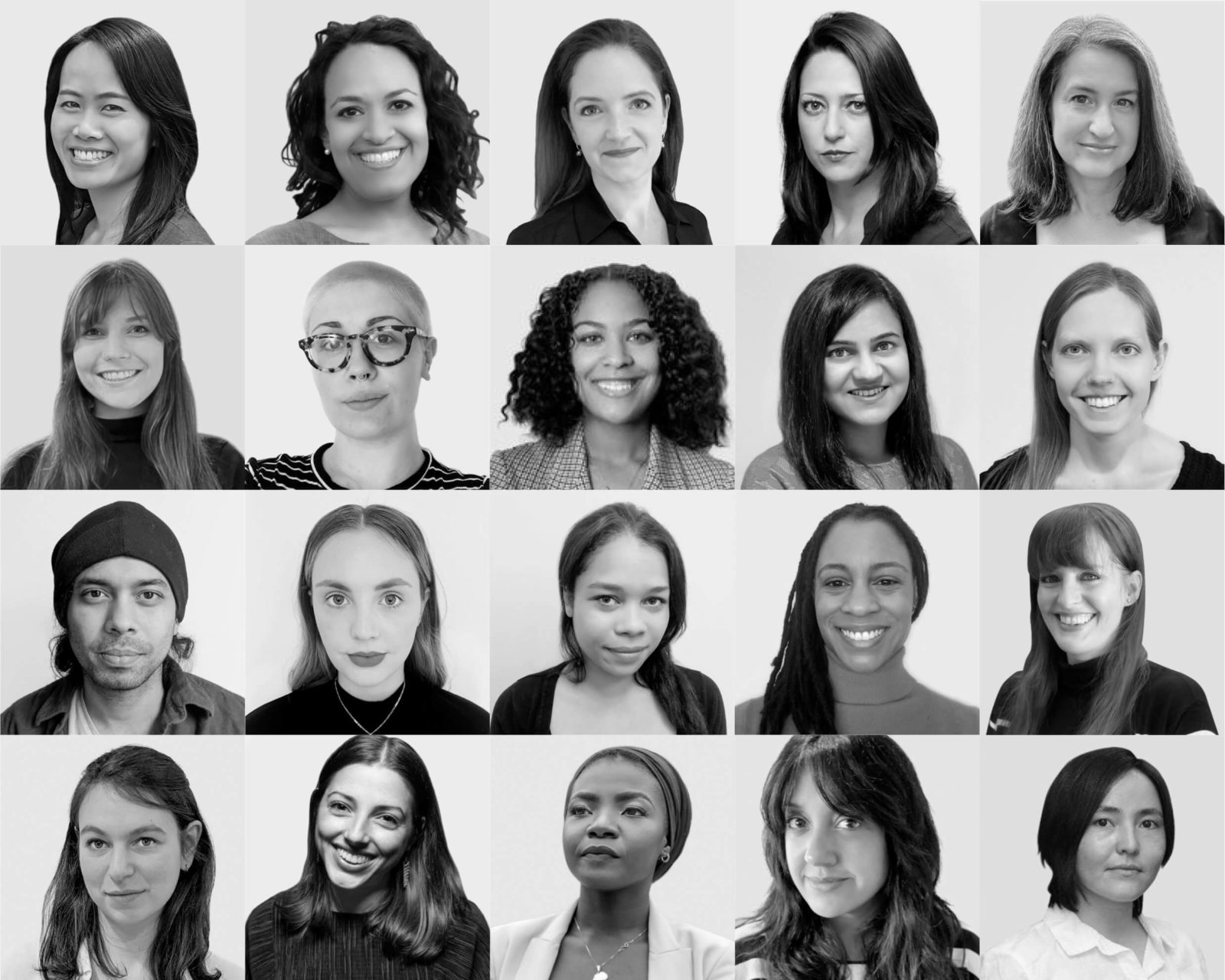
our Impact this year
9M
READERSHIP
100
STORIES
12
INDUSTRY AWARDS
our values
Lede with Integrity
We are independent and nonpartisan. Our reporting begins with an open notebook. We draw on diverse perspectives and value each person’s voice equally.
Redefine the Headline
We center our reporting on women’s often unheard stories through investigative and enterprise reporting. Our journalists are on the ground long before stories break, reporting on the data, history and consequences of systemic inequality.
Co-Byline Radically
We intentionally collaborate at every stage of our journalism. We enrich our partner newsrooms’ engagement with the source networks, research and evidence that underpins great journalism about women.
our vision
Our vision is journalism that fully represents all women, giving readers The Full Story and spurring gender equality.
our mission
Through investigative and enterprise reporting about women, and by fostering a committed community of editors, we disrupt bias and redefine traditional news.
IMPACT JOURNALISM
PARTNERSHIPS
Working with leading news outlets at the local, national and international level is essential to our vision of a world where women are equally represented in the news. As we change the industry through these partnerships and collaborations, fostering a community of editors and reporters dedicated to addressing gender bias, local reporters and editors bring the deep history and context that is essential to good journalism. This year, we have collaborated with 23 outlets around the world, from TIME to the Lesotho Times. Through our long-standing partnership with Foreign Policy, we’ve covered domestic violence in France, female farmers in India, parental rights in Spain, Pakistan’s lone lactation consultant, revenge porn laws around the world and so much more. We’re working with FiveThirtyEight to report on what teachers are facing as we enter the third school year of the pandemic. For the Nation’s Gender Desk in Kenya, we provide global coverage of issues affecting women.
This year we’ve embarked on a new kind of long-term partnership, embedding our reporters in local outlets to strengthen gender journalism at the community level.
DOCUMENTED
FORTUNE
RUKHSHANA MEDIA
NBC LATINO
WIRED
FIVETHIRTYEIGHT
GAL-DEM
RECKON
THE NEW YORK TIMES
TATLER PHILIPPINES
FOREIGN POLICY
IL POST
THE CITY
THE LILY
LES GLORIEUSES
THE ATLANTIC
THE GUARDIAN
TIME
THE ECONOMIST’S 1843 MAGAZINE
VICE
THE NATION
VIRGINIA QUARTERLY REVIEW
THE CUT

The Fuller Project is embarking on a long-term partnership with Reckon, the Alabama-based newsroom dedicated to deep exploration of the tough and important issues facing the American South. Each outlet holds a deep commitment to centering the stories and perspectives of those who legacy media has long failed to see — starting this fall, we will embed an enterprise reporter with Reckon to cover women’s issues, lives and perspectives in the region. Their reporting will be driven by the voices missing from current conversations, historical and systemic contexts, and getting readers involved in driving solutions.
“The Fuller Project and Reckon share a sense of urgency for shining light when our public institutions don’t live up to their promises to create democracy that is accessible to everyone. This important partnership is the result of deep listening over the past few years, and couldn’t happen at a more crucial time. Reckon and The Fuller Project have always known the power of collaboration, which is why this long- term partnership is the critical next step in our impact and accountability journalism.”
Ryan Nave, Editor-in-Chief, Reckon

The Fuller Project and THE CITY, a nonprofit, nonpartisan digital news platform dedicated to accountability reporting that serves the people of New York, have launched a long- term partnership to report on the often unheard stories of women in New York City. In the coming months, we will cover maternal health, caregiving, education, housing and more through the cross-cutting issues that affect women across all five boroughs of the city. So far, Jessica Washington, a staff reporter for The Fuller Project embedded with THE CITY, has covered the unexplained death of a young Black mother in a Queens hospital, the future of former mayoral candidate Maya Wiley’s signature community care proposal and the dangerous conditions of child care facilities in New York City’s public housing.
“The Fuller Project makes an indispensable contribution to ensuring that issues affecting women get more of the attention they so urgently need, and that women’s experiences and voices are more consistently centered. We are thrilled to have Jessica working with our team of reporters and editors to bring that perspective to journalism that addresses the compound inequities faced by women in New York. This kind of deep partnership between newsrooms with shared values and complementary expertise will be crucial if we are to build resilient local news infrastructure that delivers impact, and fosters a better civic conversation.”
Nic Dawes, Executive Director, THE CITY

As the situation in Afghanistan develops, we are deepening our partnership with Rukhshana Media, an Afghan women’s media organization created in 2020, in memory of a 19-year- old woman stoned to death in 2015 in Ghor Province. The outlet focuses on stories by and about Afghan women, and has persisted in essential coverage despite the serious danger now posed to women journalists by Taliban rule. Together, we’ve published fifteen dispatches from women on the ground, with more to come.
“At a time when Afghan women have lost not only their rights to work and education but also their social identities, the world needs to hear their voices. The partnership between Rukhshana Media and The Fuller Project provides an opportunity for Afghan women to tell their own stories in their own words. It enables them to tell how the return of the Taliban to power is influencing and shaping their everyday lives and how they feel about it. Our partnership with The Fuller Project is an excellent example of how international media can amplify the voices of Afghan women.”
Zahra Joya, Founder, Rukhshana Media
IN THE MEDIA
Our journalism has earned attention and amplification from the wider media, allowing our stories to inform a broad international audience about the issues we cover. Our reporters have been featured on international broadcasts such as MSNBC and BBC’s Woman’s Hour. Our reported Twitter thread after Kabul fell to the Taliban was cited by CNN Reliable Sources, Fortune’s Broadsheet and CJR’s The Media Today. And many more Fuller Project stories have been cited by other news outlets, shared across social media and informed the broader field of gender journalism.
107
We engaged directly with 107 civil society organizations
128%
Our website traffic increased by 128%, with readers from 175+ countries
2x
Social media followers doubled
OUR SUPPORTERS
To support The Fuller Project’s plan to deepen editorial partnerships in select geographies with embedded reporters, the development department strategy centers on diversifying The Fuller Project’s income to fund its growth from an early-stage nonprofit to a sustainable long-term institution. The focus is on expanding our institutional giving and individual gift program with leadership from a healthy and engaged board of directors to advance the organization’s strategic priorities.
“On global issues ranging from conflict, COVID and the culture wars, I look to The Fuller Project for nuanced coverage that centers the lived experiences and voices of women. Understanding how any issue impacts the women in a society generally provides the best analysis of what’s really going on.”
Sarah O’Hagan, Chair, Board of Directors
The Fuller Project
“We support The Fuller Project because of their deep commitment to quality journalism, illuminating issues and systems that are impacting people’s lives around the world. Their reporting centers women with dignity and nuance, reminding us that what affects women affects the world. “
Liz Baker, Humanity United
Following our groundbreaking coverage of the crisis in Afghanistan through firsthand accounts, our community showed their support by increasing donations by 167%.
Thanks to funding from the Helen Gurley Brown Foundation and the Horace W. Goldsmith Foundation, we were able to publish more stories on environment, gender and justice and significantly increase our environmental reporting.
